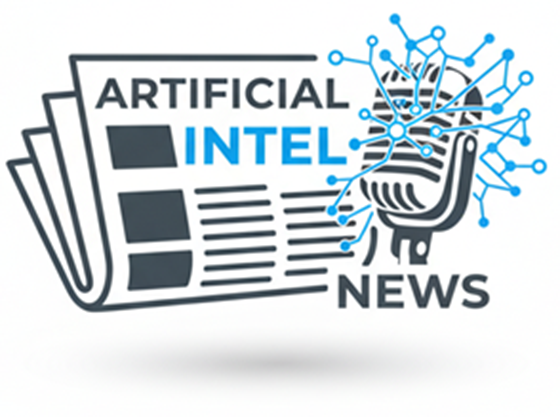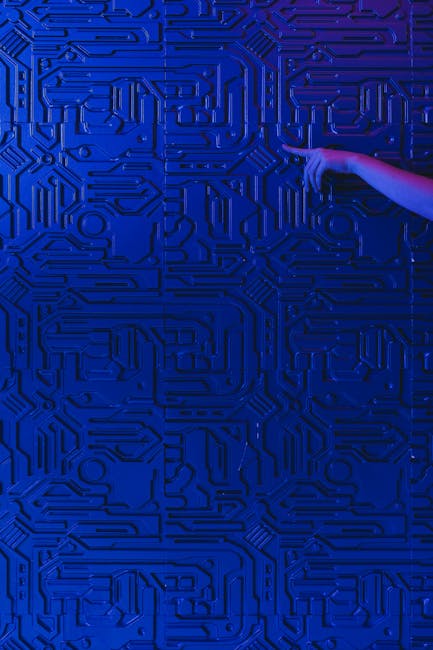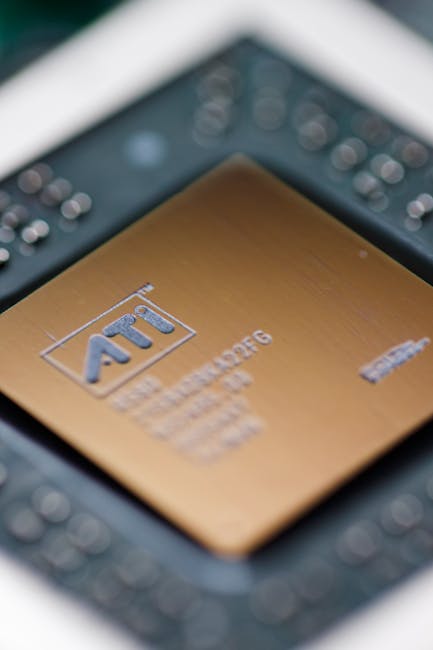AI Companions: Evolution of Love or Threat to Human Connection?
As our world becomes more digital, the boundary between human interaction and AI-driven simulation is increasingly obscured. With over 20% of individuals using AI for dating purposes, including creating profiles and initiating conversations, the concept of forming emotional connections with AI is gaining traction. Companies like Replika, Character AI, and Nomi AI are at the forefront, providing millions with AI companions that range from friendly interactions to romantic engagements.
For some, AI companions symbolize a dystopian shift, reminiscent of the film “Her,” suggesting that authentic human relationships are being supplanted by algorithms. For others, these digital companions offer a lifeline, providing support and companionship in an era where genuine human intimacy can be elusive.
In a recent New York City debate hosted by Open to Debate, experts gathered to discuss the potential of AI companions to replace human relationships. Thao Ha, an associate professor of psychology, argued that AI offers a new dimension of connection, enhancing our capacity for empathy and love. She highlighted how AI provides consistent emotional support and validation, adapting without judgment and offering a unique understanding of its users.
Conversely, Justin Garcia of the Kinsey Institute cautioned against relying on AI for constant validation, arguing that it does not represent genuine relationship dynamics. He acknowledged AI’s utility as a training tool for social skills but warned against it becoming a permanent relationship model, citing trust issues and potential threats to traditional human connections.
While some view AI companions as a safe space to explore fantasies, others raise concerns about AI’s role in amplifying aggressive behaviors. Both Ha and Garcia agree on the need for ethical design and regulation to mitigate such risks. As tactile technologies, including virtual reality and haptic suits, advance, the potential for AI to simulate human touch is expanding, yet it remains an imperfect substitute for genuine human interaction.
Ultimately, as AI continues to evolve, society must navigate the ethical and emotional implications of AI-driven relationships. Will AI enhance our capacity for love, or will it undermine the fundamental aspects of human connection? The debate continues as technology reshapes the landscape of intimacy.





